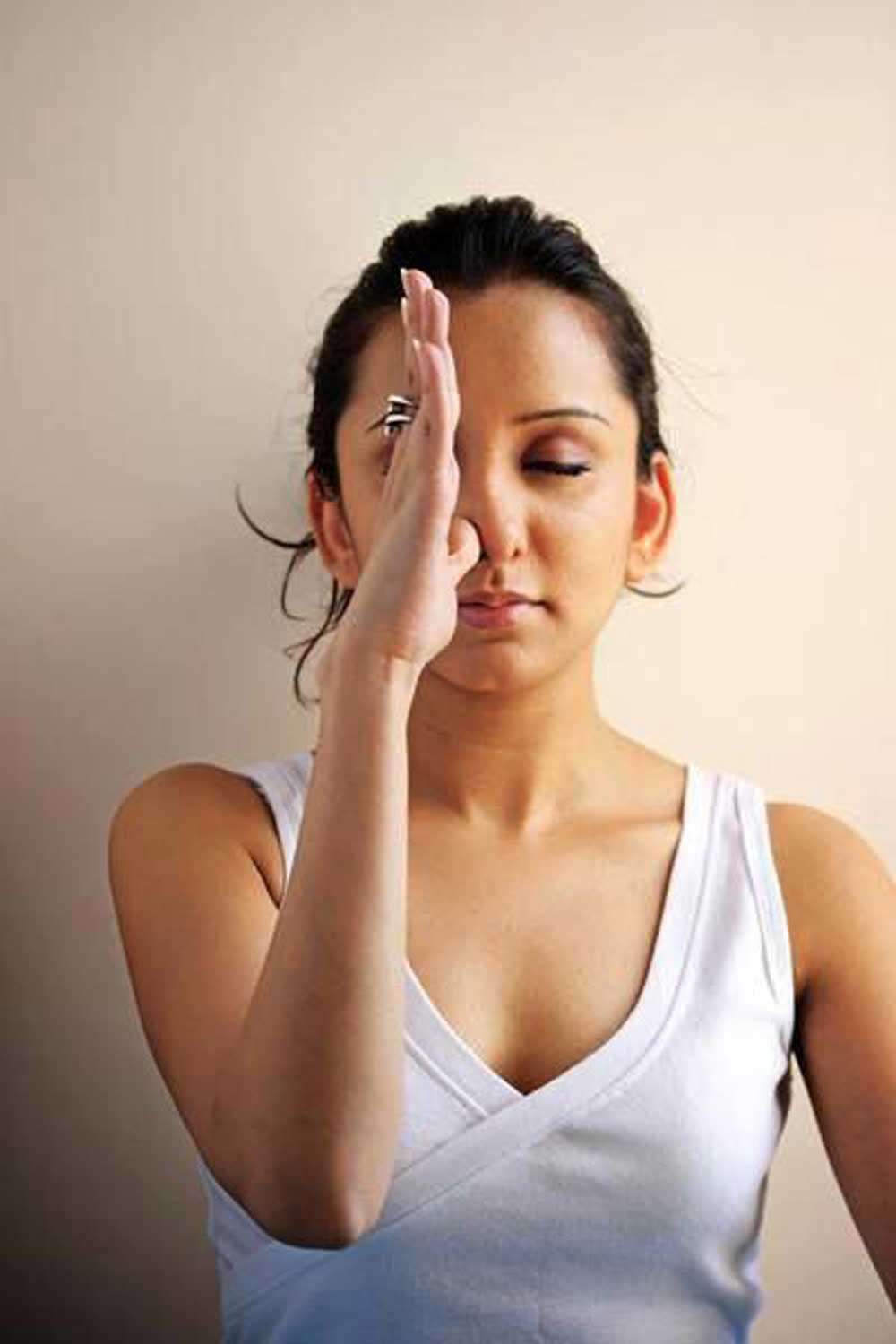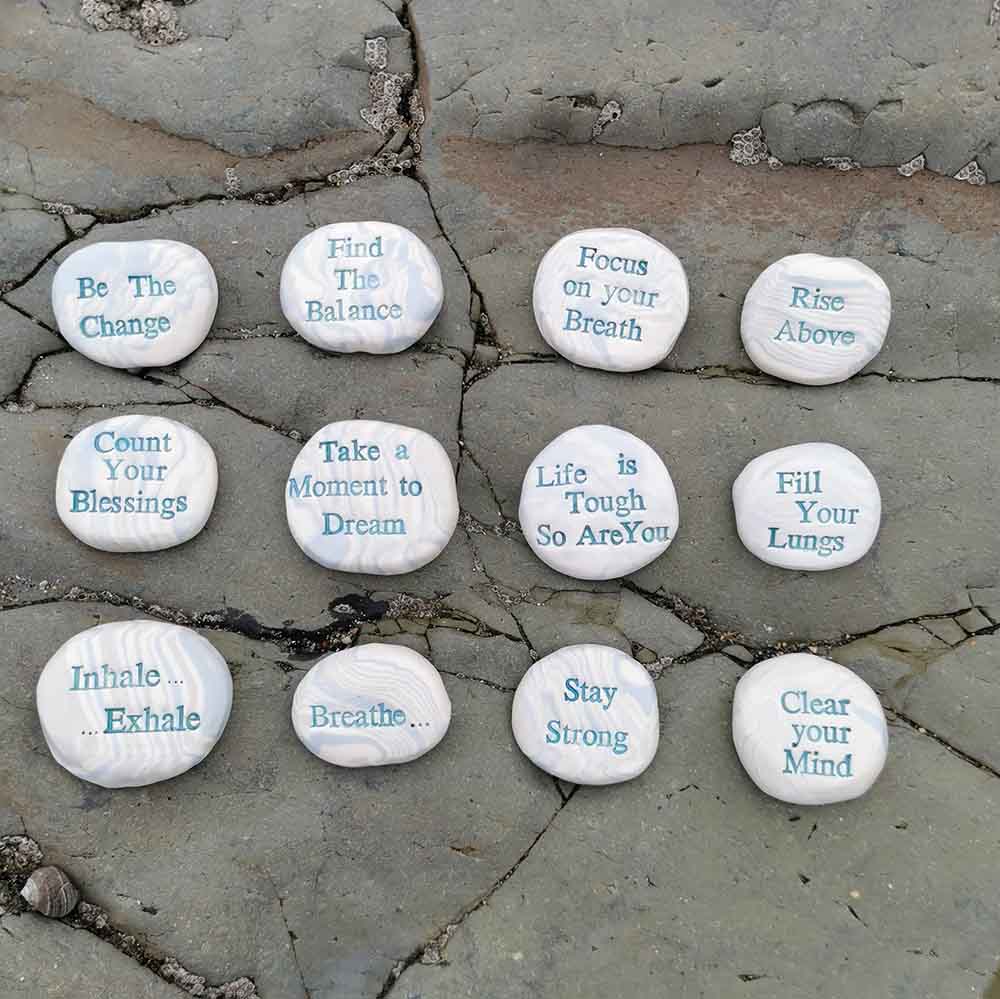Understanding Anxiety Attacks
Imagine this—you’re having a great time, and suddenly, your heart races, your hands sweat, and you feel dizzy. You might think something serious is happening, but it could actually be anxiety.
Anxiety can hit unexpectedly, even in stress-free moments. It’s your body reacting as if there’s danger, even when there isn’t. You’re not alone—millions of people experience anxiety, especially after stressful life changes.
Signs of a Panic Attack
Panic attacks can feel overwhelming. Symptoms include:
✔️ A racing or pounding heart
✔️ Sweating or chills
✔️ Feeling lightheaded or dizzy
✔️ Shortness of breath
✔️ A sudden sense of fear or doom
These symptoms peak within 10 minutes and can last for about 30 minutes. Unlike general anxiety, panic attacks come on suddenly and intensely.
Finding the Root of Your Anxiety
It helps to identify what triggers your anxiety. Some common causes include:
🔹 Work stress or big life changes
🔹 Social situations or public speaking
🔹 Overwhelming responsibilities
🔹 Financial concerns
Try keeping a journal to spot patterns or even pay attention to recurring dreams—they might reveal hidden stressors. If possible, talking to a therapist can provide clarity.
How to Calm Yourself During a Panic Attack

💨 Deep Breathing: Take slow, deep breaths to signal your body to relax.

💬 Positive Self-Talk: Remind yourself: This will pass. I am safe.

🚶♀️ Move Your Body: A short walk or stretching can help release built-up tension.
Instead of resisting the panic attack, try to accept it. Fighting it can make it worse, but acknowledging it can help it pass faster.
Will Anxiety Keep Coming Back?
Not necessarily. If your anxiety is caused by a specific event, it may go away over time. If you have an anxiety disorder, managing it through therapy, mindfulness, and, if needed, medication can help reduce its impact.
When to Seek Help
If anxiety is affecting your daily life, consider speaking to a professional. Therapy, lifestyle changes, and medication (if necessary) can help bring long-term relief.
You are not alone, and with the right tools, you can regain control. 💙